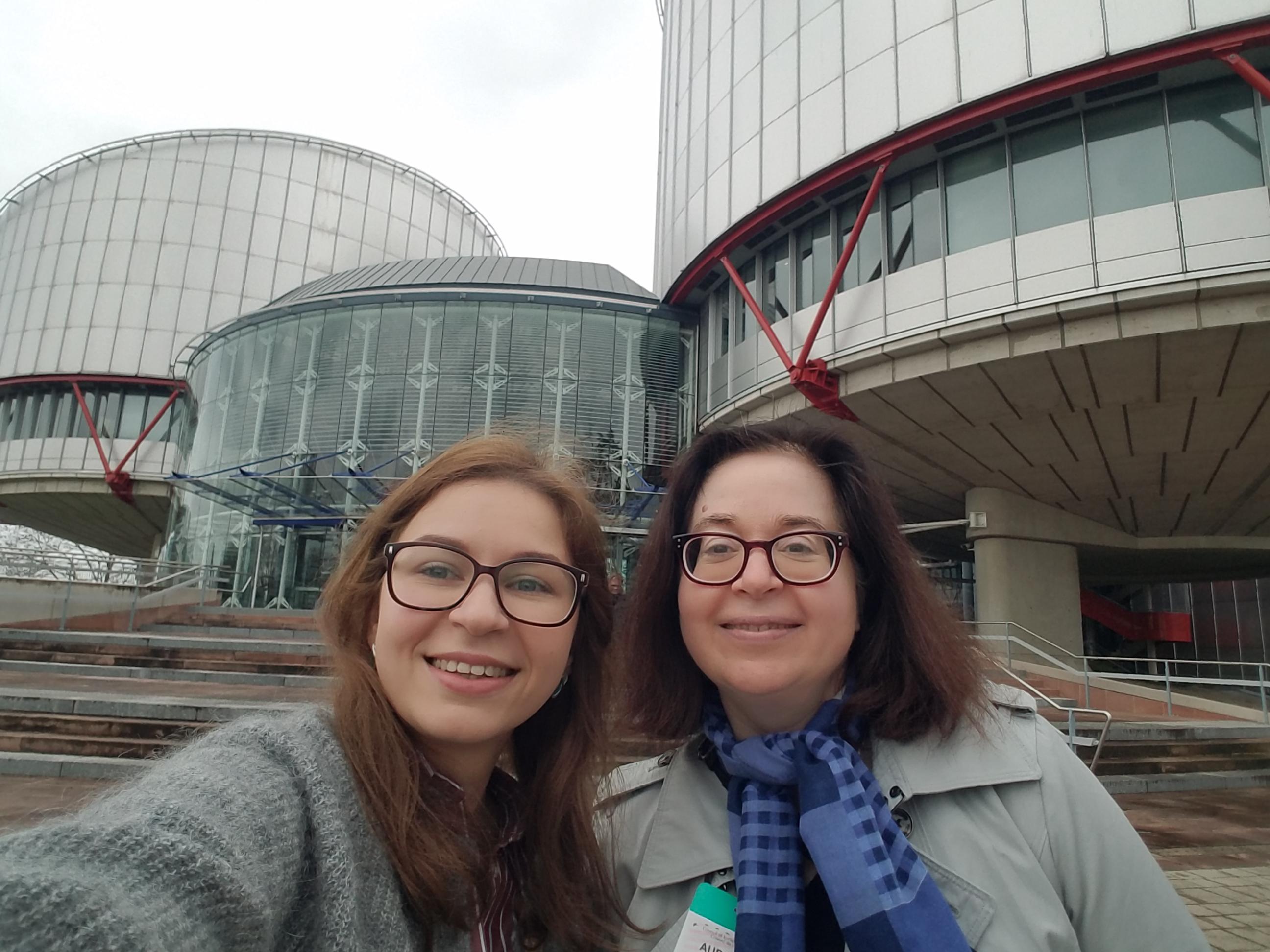
What is “The Hague”? Where is that courthouse? As an international lawyer, these are questions I often get asked. Many people have heard references to “The Hague” in connection with international law, but don’t really know what it means or why.
The Hague (or Den Haag) is actually the name of the town in the Netherlands where several international courts are located. Some of the main ones are the International Court of Justice (ICJ), the primary judicial organ of the United Nations, and the International Criminal Court (ICC). The International Criminal Tribunal for the former Yugoslavia (ICTY) also sat in The Hague, as does its successor. Others you may be less familiar with are the Kosovo Specialist Chambers (KSC) and the Special Tribunal for Lebanon (STL).
That didn’t use to be the case; it’s only since about the mid-1990s that The Hague has established itself as the primary home for international justice. Now, because so many international tribunals are located there employing thousands of people, the city is a main hub for lawyers, NGOs, and university programs focused on international law, especially international criminal law with its focus on atrocity crimes (genocide, crimes against humanity, and war crimes).
I recently spent the last week of February in The Hague for clinic-related meetings with international judges, prosecutors, and victims’ advocates. In just that one week, the ICJ held hearings on the UN General Assembly’s request for an advisory opinion relating to the legal consequences of Israel's policies and practices with respect to Palestine (a request which predated October 7, 2023); the ICC held trial and reparations hearings in situations relating to the Central African Republic, Sudan, and Uganda; and the KSC held trial hearings in the case against the alleged former head of the Kosovo Liberation Army for crimes against humanity and war crimes.
Being in The Hague during a week with so much activity reminded me how meaningful it is to be physically present at these courts and observe their proceedings in person. As we all experienced during the pandemic, we are fortunate to have technologies now such as livestreams and recordings that enable people around the world to connect remotely—and yet it is not the same as being face-to-face, sensing tension or warmth directly.
For the same reason, centralizing all these international tribunals in one location is also a drawback, particularly for the victims and survivors of the events at the center of the cases. The vast majority of people will never travel to The Hague and sit within just a few feet of the accused during trial, as they can when the courthouse is just down the road.
In the LJAC, we are fortunate to work with many lawyers and advocates connected in one way or another to the international institutions in The Hague. Doing so, even from LA, helps reminds us that we are part of something bigger, that we are working directly on behalf of the thousands or even millions of victims and survivors who we may never meet and who may never know our names, but whose lives nevertheless intersect with ours. And that, in the end, is what draws us closer together.